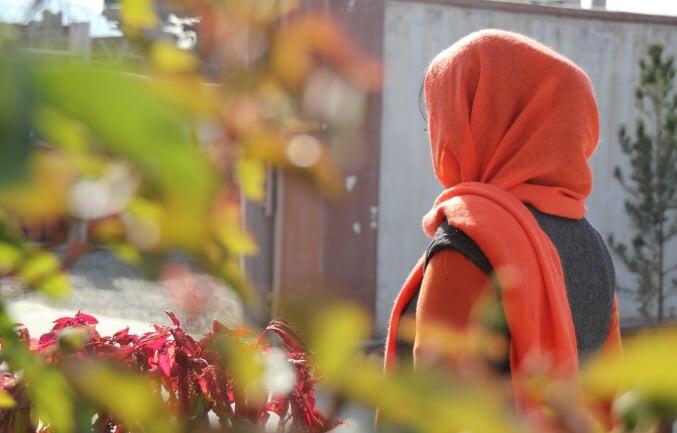KABUL, Afghanistan – “My uncle and his wife wanted me to get married right after I graduated from high school, but I was determined to find a job instead, to pay to continue my education. I want to become an attorney,” says Dilara*, 20, who shared her story as part of the Afghanistan State of Youth 2014, a landmark report launched last week in the capital, Kabul.
Dilara could have been one of the thousands of girls in Afghanistan who are routinely denied an education because of deeply-engrained and harmful practices like child marriage. But she had other plans.
Following the death of her parents at a young age, Dilara was brought up by her aunt and uncle. And like many adolescents, while she didn’t necessarily love going to school, she knew it was the right path to take.
“I believe girls shouldn’t surrender to life and the pressure from society and family. They should challenge all of these instead. And they can succeed,” she says.
After graduating from high school and against her uncle’s wishes, Dilara took up a part-time job as a receptionist and enrolled in a law course at a private university in the evening.
But defying gender roles and family expectations in Afghanistan is not simple.
Child marriage: A chain reaction
When a girl is pulled out of school and forced to marry young, her personal development is inhibited. She is left with little—if any—decision-making power in her new household.
With limited education and few skills, many child brides are completely dependent on their husbands and in-laws to survive. They are also particularly vulnerable to gender-based violence.
While statistics on child marriage in Afghanistan are scarce and controversial because of the absence of reliable civil registration data, recent figures estimate that 40 per cent of girls aged 20-24 today were married before age 18.
Currently in her second year in law school, Dilara wants to help bring justice to the women and girls who are accused and imprisoned for minor and often undue reasons.
“There are girls who are forced to marry. Afterwards they are often subjected to daily violence by their husband or their husband’s family,” she says.
“Some of these girls find no other way than to commit self-immolation… Can you imagine doing that to yourself? But women do it, or they run away from their married life. After that, the people in the courts put them in jail, without probing the details of what happened to them,” she continues. “I will do justice. I will be the voice of these people.”
When her uncle died last year, Dilara became the sole breadwinner for her aunt and two young cousins. Because of her determination, she is now able to work to lift herself—and her family—out of poverty
*Her name has been changed to protect her identity.


